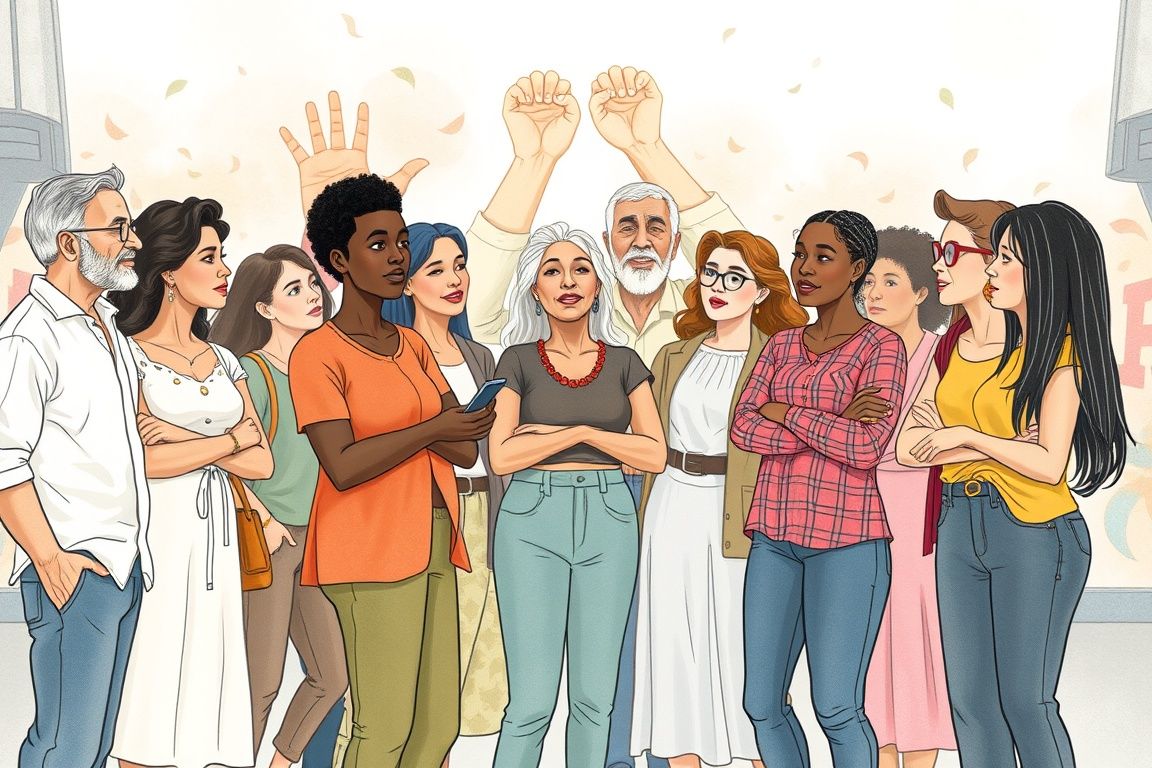Addressing Inequality and Discrimination

This course focuses on the systemic factors that contribute to inequality and discrimination. Participants will explore how laws, policies, and social norms can perpetuate disparities, and how to challenge these barriers to create a more equitable society.
Why It’s Worth It
Gain a deeper understanding of systemic inequality and discrimination, equipping you with knowledge to identify and challenge societal biases.
Learn actionable strategies for advocacy and community organizing, empowering you to create meaningful change in your community.
Enhance critical thinking skills through analysis of historical and contemporary issues, allowing you to connect theory with practice effectively.
Your Learning Roadmap
Foundations of Inequality and Discrimination
This module introduces participants to the basic definitions and dynamics of inequality and discrimination. Learners will explore why these issues persist in societies worldwide and how historical and cultural contexts shape current debates. Defining Inequality Understanding Discrimination Global Perspectives
Historical Context: Laws, Policies, and Norms
This module dives into the historical evolution of policies and norms that shaped systemic inequality. Participants analyze how past legislative actions and societal attitudes continue to affect modern disparities. The module integrates insights from key texts to highlight the legacy of oppression. Legislative Legacies Social Norms and Cultural Bias Historical Case Studies
Systemic Factors and Intersectionality
In this module, participants explore systemic dimensions that sustain bias across social institutions. The lessons address intersectionality and how overlapping identities can intensify discrimination. Analysis of policy frameworks from diverse sources, including Freire’s work, enriches understanding. Understanding Systemic Structures Intersectionality Defined Policy and Institutional Bias
Analyzing Contemporary Issues
This module connects historical context and systemic analysis to current events. It encourages participants to evaluate media portrayals, economic disparities, and modern injustices through case studies. Drawing from texts like 'White Fragility', the module promotes critical thinking about ongoing challenges. Case Study Analysis Media and Representation Economic Disparities
Strategies for Change and Advocacy
The final module focuses on actionable strategies to drive social change. Learners explore advocacy, community organizing, and policy reform as methods for creating a more equitable society. Drawing inspiration from antiracist and activist literature, the module stresses practical application and empowerment. Foundations of Advocacy Policy Change Mechanisms Community Organizing
What Users Are Saying
All You Need to Know
Enroll Now!
Interactive, real-time guidance from AI tutor
Flexible learning at your own pace
Instant feedback on questions and problems
Focus on real-world applications and strategies
Access to diverse perspectives through case studies
Engagement with critical texts to deepen understanding
